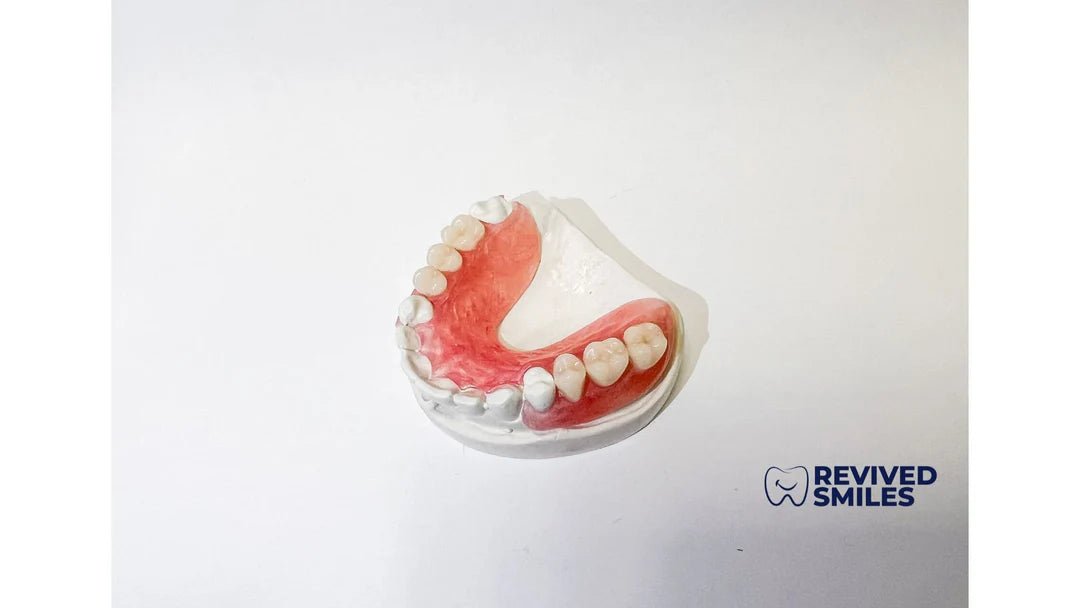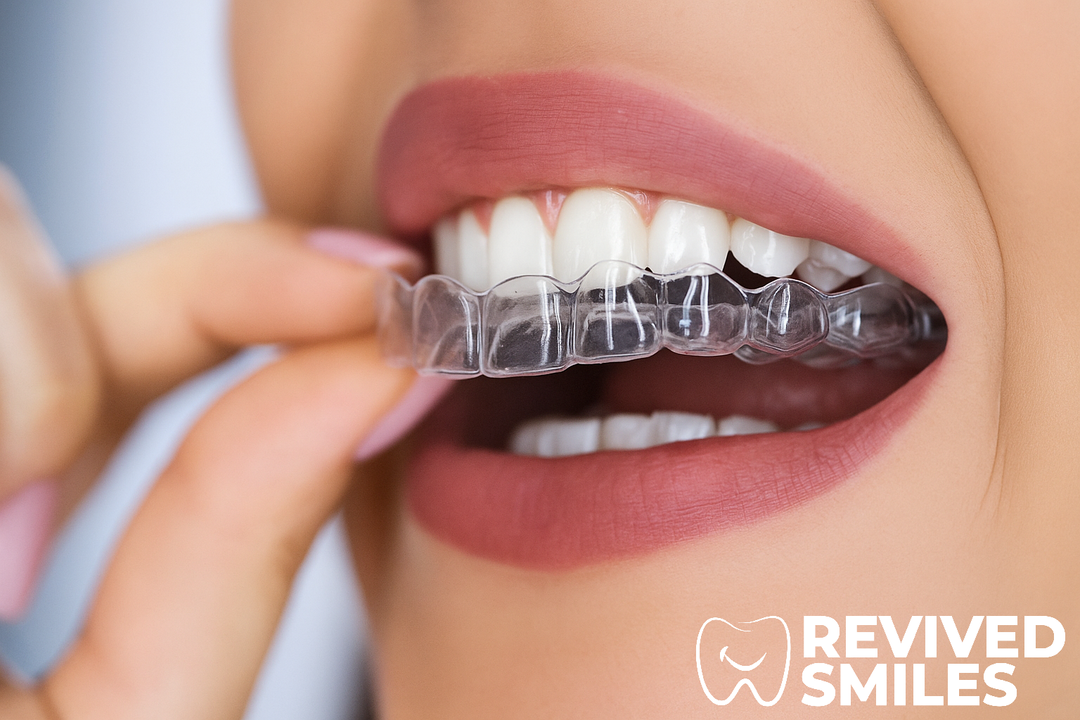Improving the Fit of Your Flexible Partial Denture at Home

Are you experiencing discomfort or issues with the fit of your flexible partial denture? A well-fitting denture is crucial for comfort, functionality, and overall oral health. However, over time, you might notice that your denture doesn't fit as snugly as it once did. Fortunately, there are several steps you can take at home to improve the fit of your flexible partial denture, ensuring that it remains comfortable and effective.
In this blog post, we’ll walk you through practical tips and techniques for adjusting your denture’s fit, so you can maintain your confidence and enjoy your daily activities without discomfort.
1. Identify the Cause of Poor Fit
Before making any adjustments, it’s important to identify why your flexible partial denture no longer fits properly. Several factors could contribute to a poor fit:
- Gum and Bone Changes: Over time, the shape of your gums and the underlying bone can change, leading to a loose or uncomfortable denture.
- Weight Loss: Significant weight loss can affect the fit of your denture, as it may alter the structure of your mouth.
- Wear and Tear: Daily use can cause your denture to wear down, impacting its fit and function.
- Improper Cleaning: Buildup of plaque or food particles can create an uneven surface on your denture, affecting its fit.
Why It Matters: Understanding the underlying cause of the poor fit will help you determine the most appropriate solution, whether it’s a simple home adjustment or a visit to your dentist.
2. Use Denture Adhesive for a Secure Fit
One of the easiest ways to improve the fit of your flexible partial denture at home is by using a denture adhesive. Denture adhesives can help fill in gaps caused by gum shrinkage or other changes in your mouth, providing a more secure and comfortable fit.
How to Apply Denture Adhesive:
- Clean Your Denture: Start by thoroughly cleaning your denture to remove any food particles or plaque.
- Apply Adhesive: Apply a small amount of denture adhesive to the areas of your denture that come into contact with your gums. Avoid using too much, as this can cause the adhesive to ooze out when you bite down.
- Position Your Denture: Carefully place your denture in your mouth, pressing it gently but firmly into place. Hold it for a few seconds to ensure a secure bond.
Why It Matters: Denture adhesives are a quick and temporary solution to improve the fit of your denture, making it more comfortable to wear throughout the day.
3. Try a Warm Water Soak for Better Flexibility
Flexible partial dentures are designed to be soft and adaptable, but they can sometimes become stiff or lose their flexibility over time. Soaking your denture in warm water can help restore its pliability, making it easier to fit into your mouth.
How to Soak Your Denture:
- Fill a Bowl with Warm Water: Use warm, not hot, water to avoid warping the denture material.
- Soak for 10-15 Minutes: Place your denture in the warm water and let it soak for about 10-15 minutes.
- Dry and Fit: After soaking, dry the denture and try fitting it into your mouth. The increased flexibility should make it more comfortable and secure.
Why It Matters: Soaking your denture in warm water helps maintain its flexibility, ensuring a better fit without causing damage to the material.
4. Adjust Sore Spots with Caution
If your denture is causing sore spots or rubbing against your gums, you might be tempted to make adjustments at home. While some minor adjustments can be made, it’s important to proceed with caution to avoid damaging your denture.
How to Make Minor Adjustments:
- Use a Nail File or Emery Board: If there’s a small area that’s causing discomfort, you can gently file it down with a nail file or emery board. Be sure to file very lightly and check the fit frequently to avoid over-adjusting.
- Smooth Rough Edges: If you notice any rough edges, use the file to smooth them out, ensuring the denture doesn’t irritate your gums.
Why It Matters: Making minor adjustments can help alleviate discomfort, but it’s important not to make significant changes that could affect the overall fit and function of your denture. If you’re unsure, it’s best to consult with your dentist.
Conclusion: Choose Revived Smiles for Dentist-Quality Dental Appliances
A well-fitting flexible partial denture is key to enjoying a comfortable and confident smile. While these at-home tips can help improve the fit, sometimes professional care is necessary to ensure the best results.
At Revived Smiles, we offer dentist-quality dental appliances designed for durability, comfort, and a perfect fit. Whether you need a new flexible partial denture or are looking for a high-quality replacement, our products are crafted to meet your specific needs.
Visit Revived Smiles today to explore our range of dental solutions and ensure your smile remains healthy and comfortable.





Leave a comment